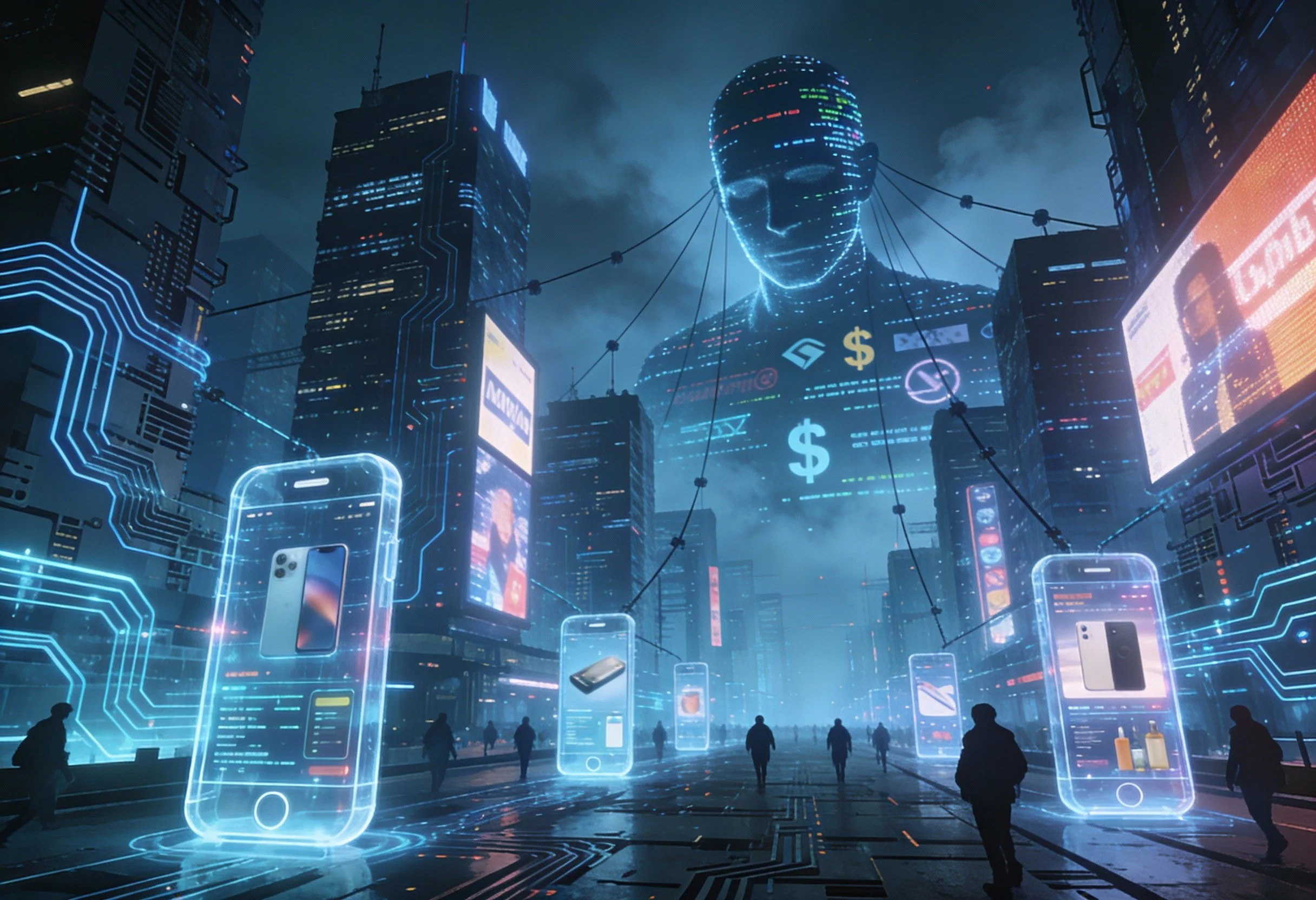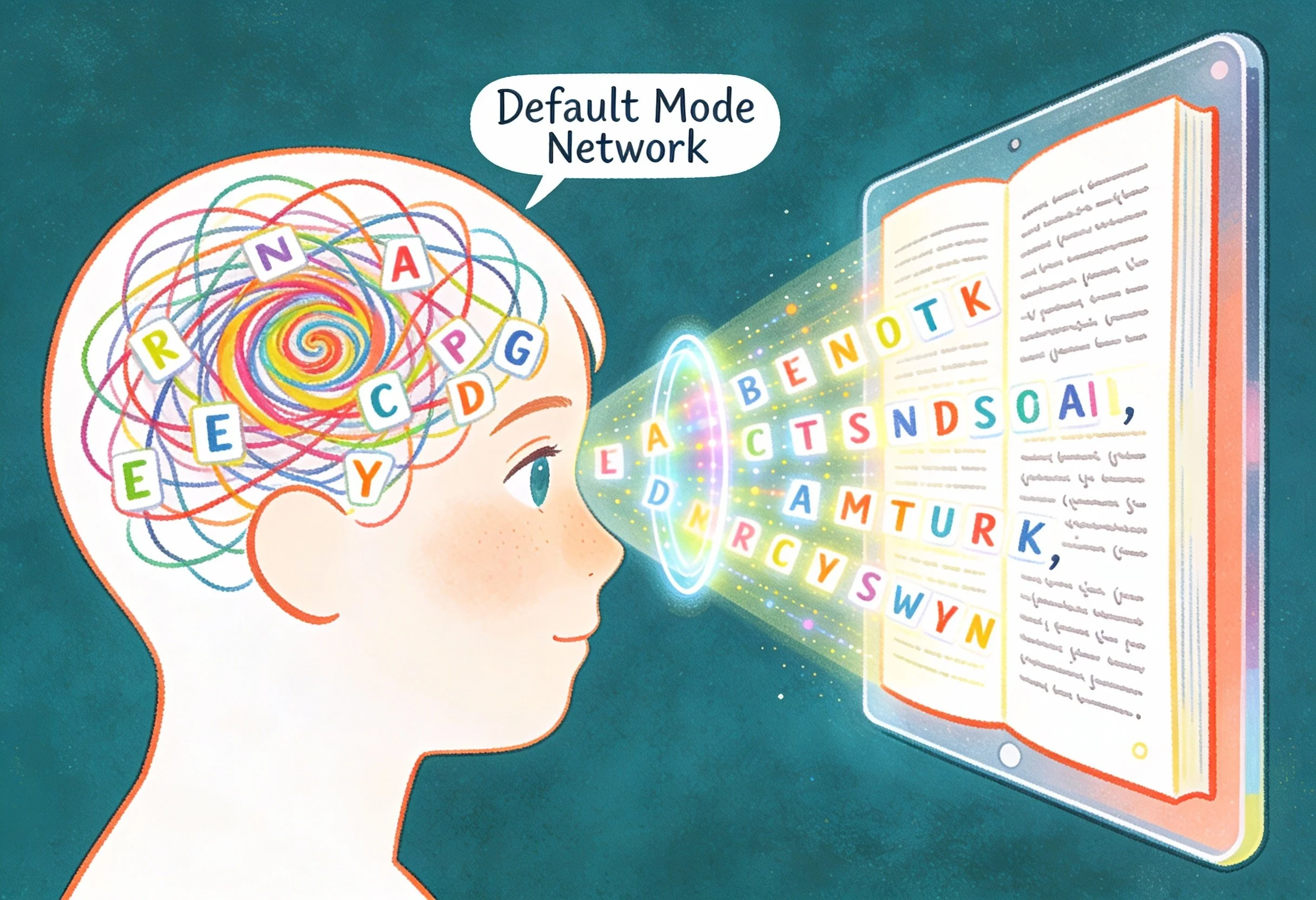Professors Condemn Student AI Use While Secretly Relying on It Themselves
University professors and teachers across America are complaining about students using artificial intelligence to cheat on assignments. They warn about cognitive decline, academic dishonesty, and the death of critical thinking. Yet, behind the scenes in the hidden corners of their offices, these same prof are quietly automating nearly half their grading with AI and using chatbots to generate lesson plans.
Two recent studies from Anthropic pull back the curtain on this stunning hypocrisy. According to the study, professors rate AI-assisted grading as the "least effective" educational application. But ironically 48.9% of their grading conversations with AI involve full automation — letting the algorithm do the work they're paid to do. Additionally, they're creating "comprehensive teaching materials" and course content with AI assistance. Then, turning around to penalize students for the exact same behavior.
Let’s just call this what it is. Educational fraud.
Children as young as four can detect moral hypocrisy. Preschoolers see hypocrites more negatively than straightforward rule-breakers because they recognize the false signals being sent. College students aren't any less perceptive. When professors rail against AI dependency to their classes and in public, but simultaneously use ChatGPT to design their curricula and grade papers, students notice. The result is institutional cognitive dissonance that will undermine the trust that backs the validity of university credentials.
Students who discover their teachers use AI for tasks they're forbidden to attempt begin questioning not just the rules, but the entire educational enterprise. If professors can't model the intellectual integrity they demand from students, why should students respect their authority?
The 48.9% automation rate in grading exposes something deeper than hypocrisy. It shows how far behind education is with the emergence of artificial intelligence. Professors know that inquiry-based learning and student-driven exploration cultivate genuine curiosity and independence. But these approaches are difficult to assess with traditional letter grades. Instead of adapting assessment methods to serve learning, institutions double down on metrics that serve bureaucracy.
This system forces educators to choose between authentic teaching and institutional survival. Most choose survival, then blame students for the consequences.
Professors justify their AI use as "collaborative thought partnership" but label identical student behavior as cheating. This distinction crumbles under even basic scrutiny. If AI collaboration genuinely enhances thinking, as professors claim, why isn't this skill being taught explicitly instead of treated as academic misconduct?
But the truth is much simpler. Cognitive offloading affects everyone, including intellectuals who believe they've "cracked the code" of AI interaction. Recent MIT research shows that even sophisticated users experience reduced neural connectivity and memory retention when relying on AI for cognitive tasks. Professors aren't immune to these effects just because they have advanced degrees.
When students observe professors using AI for core teaching functions while prohibiting them from similar assistance, they're witnessing a double standard that undermines the entire educational relationship. The "do as I say, not as I do" approach will destroy the credibility of these institutions and the value of the degrees they grant.
AI designed curriculum isn’t messy. It’s optimized for coverage and alignment over the non-linear process of genuine intellectual development. Teachers report losing those spontaneous connections that make learning memorable. When everything is scripted, nothing is surprising. When nothing is surprising, nothing is truly learned.
This isn’t how learning works. Education isn't about content delivery, It's relational. When professors outsource curriculum design to AI, they're essentially admitting they prefer predictable, scripted interactions over the vulnerability of real teaching.
If both professors and students are cognitively offloading to AI, higher education now becomes an expensive theater of fake intellectual engagement. Professors use AI to create assignments. Students use AI to complete them. AI systems grade the results. Where, exactly, is the human thinking that justifies tuition costs?
This isn't sustainable. Companies are already questioning whether degrees translate to actual employment skills. When institutions fail to develop critical thinking in graduates, those credentials lose market value. We're witnessing the early stages of higher education's credibility collapse.
The purpose of universities is to prepare students to adapt and think deeply about complex problems. This requires empathetic connection and authentic relationships between students and faculty. When professors model AI dependency while condemning it in students, they're teaching the opposite lesson. Their teaching that authenticity is optional, that authority matters more than consistency, and that the rules apply differently depending on your position in the hierarchy.
We can’t ban AI from campuses. That ship has sailed. Instead, we need radical honesty about how cognitive tools affect learning. If professors genuinely believe AI can enhance thinking, they should teach students these same strategies. If they believe AI undermines intellectual development, they should model that conviction in their own practice. Universities and colleges must redesign assessment to reward thinking processes over polished products. As long as education prioritizes performance over understanding, both students and professors will find ways to game the system.
Students deserve better than educational theater. The hypocrisy must end.



